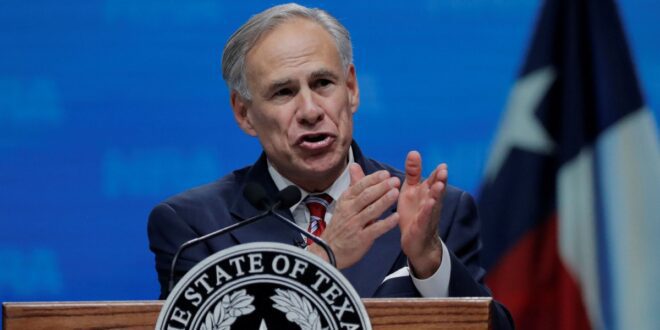Woke Bias Skews CNBC’s Rankings of Pro-Business States
The recent rankings released by CNBC regarding pro-business states have come under scrutiny due to accusations of woke bias. Critics argue that the rankings are influenced by a specific ideological agenda, rather than objective analysis.
Methodology and Biases
The CNBC rankings claim to evaluate states based on factors such as infrastructure, workforce, education, and cost of living. However, critics point out that the inclusion of woke ideology-related criteria, such as diversity and social justice initiatives, introduces a bias that skews the results.
States that prioritize woke policies and engage in performative acts of social justice might receive a higher ranking, even if their overall business climate is not conducive to economic growth. This raises concerns about the accuracy and fairness of the rankings.
Impact on Businesses and Economy
The ideological bias in CNBC’s rankings can have significant consequences for businesses and the economy. States that focus on woke politics might prioritize initiatives that are not necessarily aligned with the needs of businesses, such as gender quotas or government-mandated diversity programs.
Businesses and investors rely on rankings like CNBC’s to make important decisions regarding expansions, relocations, and investments. If these rankings are influenced by subjective biases, it can hinder the ability to make informed choices, leading to potential economic inefficiencies.
Objective and Non-Ideological Rankings
For rankings of pro-business states to be reliable and beneficial, they must be free from ideological biases and grounded in objective analysis. Factors such as tax rates, regulatory environment, infrastructure quality, and access to skilled labor should be the primary criteria considered.
By removing woke-related criteria, rankings can provide a more accurate reflection of the business climate in each state. This would allow businesses and investors to make decisions based on solid data, rather than potentially skewed rankings influenced by subjective agendas.
Conclusion
Accusations of woke bias surrounding CNBC’s rankings of pro-business states highlight the need for objective and non-ideological assessments. The inclusion of woke-related criteria in the rankings can introduce a bias that undermines the accuracy and usefulness of the results. Moving forward, it is imperative to prioritize objective analysis, free from ideological influences, to provide reliable rankings that support informed decision-making by businesses and investors.
 Mind Uncharted Explore. Discover. Learn.
Mind Uncharted Explore. Discover. Learn.



